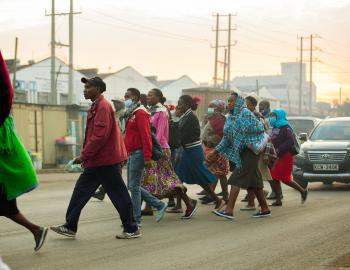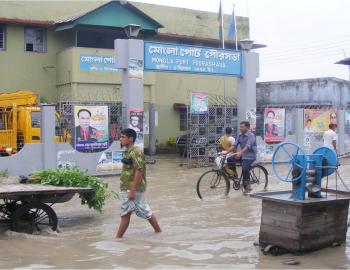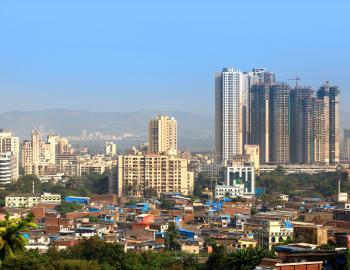ESSENTIAL: Finding the right angle - Introducing climate compatible development to local political agendas
ESSENTIAL: Finding the right angle - Introducing climate compatible development to local political agendas
The CDKN-ICLEI Subnational Learning Programme on Climate Compatible Development explored how to frame local climate issues better – so that policies are more likely to be adopted and implemented. Learning partners from organisations in South and Southeast Asia, Latin America and the Caribbean synthesised their experience into these top five points.
1. Put climate change risks on the development agenda of all political parties. Cross-party consensus ensures that the commitment of local government administrations to climate compatible development will endure, despite political changes.
2. Identify and leverage the links between climate change and development. The reality is that climate change impacts development and in fact, promoting climate compatibility is often indispensable to driving and consolidating development.
3. Highlight the contribution of climate mitigation and adaptation action toward sectoral goals, to ‘sell’ climate measures better. To find more allies, it is helpful to emphasise how tackling climate change can help achieve sectoral goals. This ‘packaging’ exercise can improve the chances of climate compatible development’s taking root.
4. Recruit climate ‘champions’ as messengers for climate compatible development, locally and nationally. Climate champions can share local perspectives, needs and experience with other cities as well as with higher levels of government, which helps showcase and scale up successful local initiatives.
5. Design climate initiatives to benefit disadvantaged social groups. Climate compatible development initiatives – if designed with gender and local, social challenges in mind and implemented strategically – can help improve the rights and position of women and marginalised groups in society.



